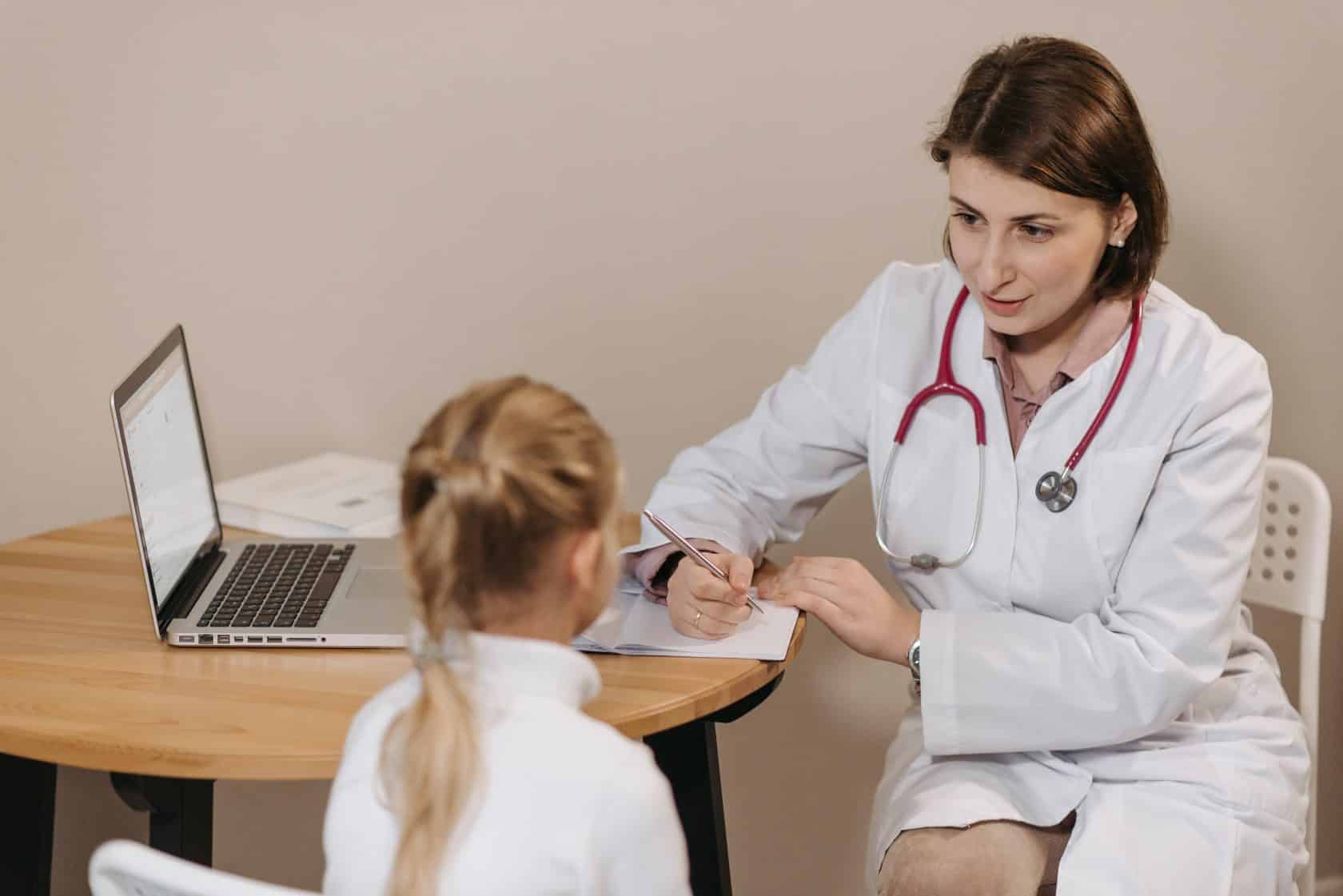Developmental screening is a process that evaluates a child’s development in various areas. Here’s a quick overview of how it works:
- Observation: Professionals observe a child’s play, communication, and motor skills.
- Questionnaires: Parents or caregivers complete questionnaires about their child’s behavior and development.
- Standardized Tools: Screening tools like the Ages and Stages Questionnaire (ASQ) are used to measure developmental milestones.
- Early Warning Signs: Professionals look for red flags indicating potential delays or concerns.
- Collaboration: Information from multiple sources, such as parents, teachers, and healthcare providers, is gathered for a comprehensive assessment.
By collaborating and gathering information from various sources, professionals can provide early intervention and support for children’s optimal development. Goally’s tablet and apps support children’s developmental screening by offering digital visual schedules, AAC, gamified learning, emotional regulation, executive functioning skills, and social skills training videos.
This post was originally published on April 10, 2023. It was updated on July 19, 2023.














